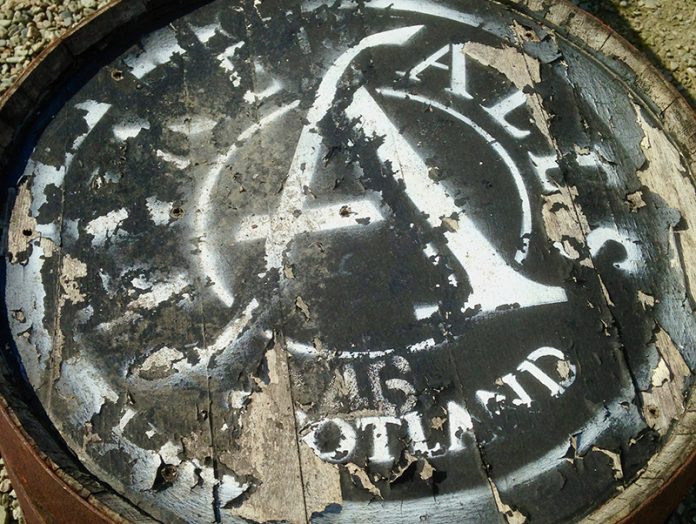Scotland’s Food & Drink sector is a vital component of the country’s economy, worth around £15 billion. Not only does this sector employ tens of thousands of individuals across the country, but it also plays an important role in promoting Scotland’s world – renowned image as a land of quality produce and culinary excellence. However, the sector faces both opportunities and challenges, all influenced by new trading arrangements with the European Union, pandemic related shifts, and the ongoing costs crisis for households and businesses.
Scotland has a rich history of producing and exporting high-quality food and drink products, such as whisky, salmon, and beef. The sector has experienced significant growth over the past few years, driven by a desire for local and sustainable produce, and increased investment in innovation and marketing. A particular success story in recent years has been the growth of gin production. In 2019, Scottish gin exports rose by 29%, with exports now worth over £1.3 billion. This growth has been fuelled by an increase in the number of small artisanal distilleries, which have focused on creating new and exciting flavour profiles.
Another success story has been the development of craft beer and brewery culture, with Scotland’s brewery count more than doubling over the past five years. Craft beer is now a staple of many Scottish pubs and breweries which are experiencing significant growth in both domestic and international markets.
Recent export statistics from HMRC indicate that Scottish food and drink products reached a record export value of £8bn in 2022, rising by £1.9 billion compared to 2021, an increase of 30.6%, taking the value beyond pre-Covid levels. These figures showcase the appetite and demand for Scottish products globally.
Scotch whisky exports grew by 37.2% compared to the previous year, representing £1.7 billion growth. That increased value comes largely from Asia – Singapore, India and Taiwan in particular – but the United States remains the biggest national market for our national drink.
Very few countries have the variety of produce that Scotland offers, and we must continue to capitalise on that strength of one of our biggest sectors to help promote Scotland domestically and internationally.
There are successes, but the Scottish food and drink industry faces many challenges, including Brexit uncertainty, labour shortages, and supply chain issues. Since the Brexit referendum in 2016, the industry has been grappling with the impact of changes to trading regulations, tariffs, and customs duties. Additionally, labour shortages and supply chain disruptions have been exacerbated by the COVID-19 pandemic, with many businesses having trouble finding enough staff to maintain production levels.
It has also been impacted by badly designed domestic policies in the form of the deposit return scheme and the proposed ban on alcohol advertising and marketing. Businesses are relieved that finally both policies have been delayed but have added considerable costs and uncertainty to businesses at the worst possible time.
In addition to these short-term issues, the sector also faces long-term challenges. The need to embrace sustainable practices and reduce the environmental impact of the industry is particularly pressing in the context of Scotland’s climate change targets, which set ambitious goals for reducing greenhouse gas emissions and improving biodiversity. The industry is taking this seriously and one area of innovation that shows promise is the development of precision agriculture techniques, which use data and technology to optimise crop yields and reduce waste. This could lead to more efficient land use, improved pest management, and reduced chemical inputs, all of which could help to reduce environmental impact.
When it comes to sustainability, innovation is part of the industry’s DNA. This includes sustainable and environmentally friendly packaging which is designed to minimise negative environmental impacts by reducing waste, energy consumption, and emissions. Such packaging is made from eco-friendly materials that can be recycled, reused, or decomposed, ensuring less pollution and landfill accumulation.
It also includes food waste upcycling which is the process of repurposing or reusing “waste” food by extracting valuable nutrients, creating new products from them, or using them as ingredients in other products.
There are economic headwinds facing every part of Scotland’s economy. Through investment in innovation and collaboration, the industry is continuing to grow and maintain its international reputation. This in the context of numerous policy roadblocks from government north and south of the border. When the industry is already world-leading and the envy of so many, government and regulation must act as an enabler for growth, not as a barrier.






